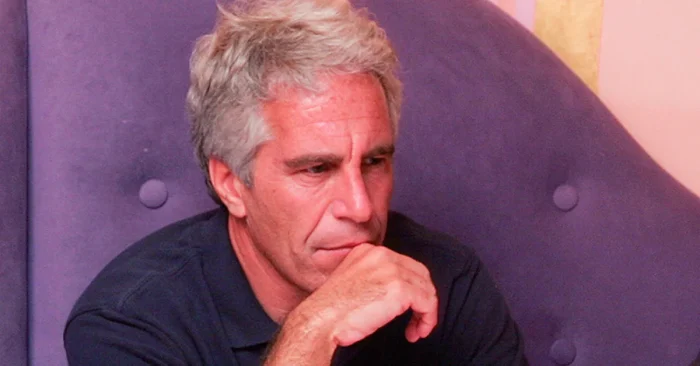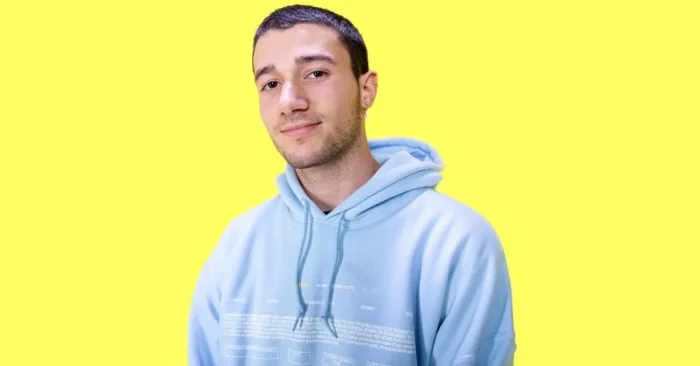Jeffrey Epstein – Biography
Early Life and Family Background
Jeffrey Epstein was born on January 20, 1953, in Brooklyn, New York, to working-class parents Pauline and Seymour Epstein. His father worked for the city’s parks department, and the family lived in a modest home in the Coney Island neighborhood. Epstein showed academic aptitude early on and graduated from Lafayette High School at the age of 16. He later attended Cooper Union and then transferred to New York University’s Courant Institute of Mathematical Sciences, though he did not complete a degree. Despite his lack of formal academic credentials, he demonstrated a strong talent in mathematics, which opened initial doors in his career.
Career in Finance
Epstein began his career in the early 1970s as a math teacher at the Dalton School in Manhattan. Through a parent connection at the school, he entered the financial sector, joining the investment bank Bear Stearns. By the early 1980s, he had launched his own financial consulting firm, J. Epstein & Co., catering primarily to wealthy individuals. He claimed to manage assets only for billionaires, though details about his clients and operations remained murky. Over time, Epstein developed a reputation for secrecy and exclusivity, with his wealth and influence growing largely outside of public financial disclosures or traditional Wall Street channels.
Criminal Allegations and Legal Troubles
Epstein’s private life attracted increasing scrutiny starting in the mid-2000s. In 2005, Florida authorities began investigating him for allegedly paying underage girls for sex. A controversial 2008 plea deal allowed him to avoid federal charges; he pleaded guilty to two state-level prostitution charges and served 13 months in jail under highly lenient conditions. The plea deal, which granted immunity to potential co-conspirators, was widely criticized and led to ongoing public outrage. Despite being a registered sex offender, Epstein resumed his lavish lifestyle, maintaining residences in Manhattan, Palm Beach, and on his private island in the U.S. Virgin Islands.
Arrest and Death
In July 2019, Epstein was arrested again, this time by federal prosecutors in New York, and charged with sex trafficking of minors. The indictment brought renewed attention to his past, his powerful social connections, and his alleged network of abuse. He was denied bail and placed in the Metropolitan Correctional Center in Manhattan. On August 10, 2019, Epstein was found dead in his cell. The death was officially ruled a suicide by hanging, though widespread speculation and conspiracy theories emerged due to the high-profile nature of his case and the apparent lapses in jail protocols at the time of his death.
Associations and Influence
Epstein maintained relationships with a wide array of high-profile individuals, including former U.S. presidents, royalty, scientists, and business leaders. These associations raised concerns about the extent of his influence and whether powerful allies may have shielded him from accountability. His access to elite social circles and his funding of academic and scientific institutions fueled speculation about his motives and how he used his wealth to gain favor and silence criticism. Following his 2019 arrest, many of his associates publicly distanced themselves, and investigations into his network and financial activities intensified.
Legacy and Public Fallout
The aftermath of Epstein’s arrest and death has had far-reaching consequences. His case renewed focus on issues of sex trafficking, legal accountability, and the treatment of victims. Multiple investigations and civil lawsuits followed, including those targeting his alleged co-conspirators and financial estate. His associate Ghislaine Maxwell was later convicted on several charges related to sex trafficking and conspiracy. Epstein’s legacy is one of controversy and abuse, with his actions prompting broader discussions about systemic failures in the legal system, the influence of wealth, and the protection of vulnerable individuals from exploitation.
Conclusion
Jeffrey Epstein’s life was marked by a troubling mix of secrecy, influence, and criminal conduct. From a modest upbringing to high society circles, he constructed a powerful persona that ultimately unraveled under legal scrutiny. His death left many questions unanswered and ignited global conversations about justice, corruption, and the protection of minors. While his financial activities and social connections remain partially obscured, the legacy of his crimes continues to impact public awareness and institutional accountability.
Frequently Asked Questions
What was Jeffrey Epstein known for?
He was known as a financier and convicted sex offender involved in a large-scale sex trafficking investigation.
Did Epstein have any formal college degree?
No, although he attended college, he did not graduate with a degree.
What happened to Jeffrey Epstein?
He died by suicide in jail in August 2019 while awaiting trial on federal sex trafficking charges.
Was anyone else convicted in connection with his crimes?
Yes, Ghislaine Maxwell, a close associate, was convicted in 2021 of sex trafficking and conspiracy charges.
What was the significance of the 2008 plea deal?
The plea deal allowed Epstein to avoid serious federal charges, sparking controversy over leniency and legal influence.


